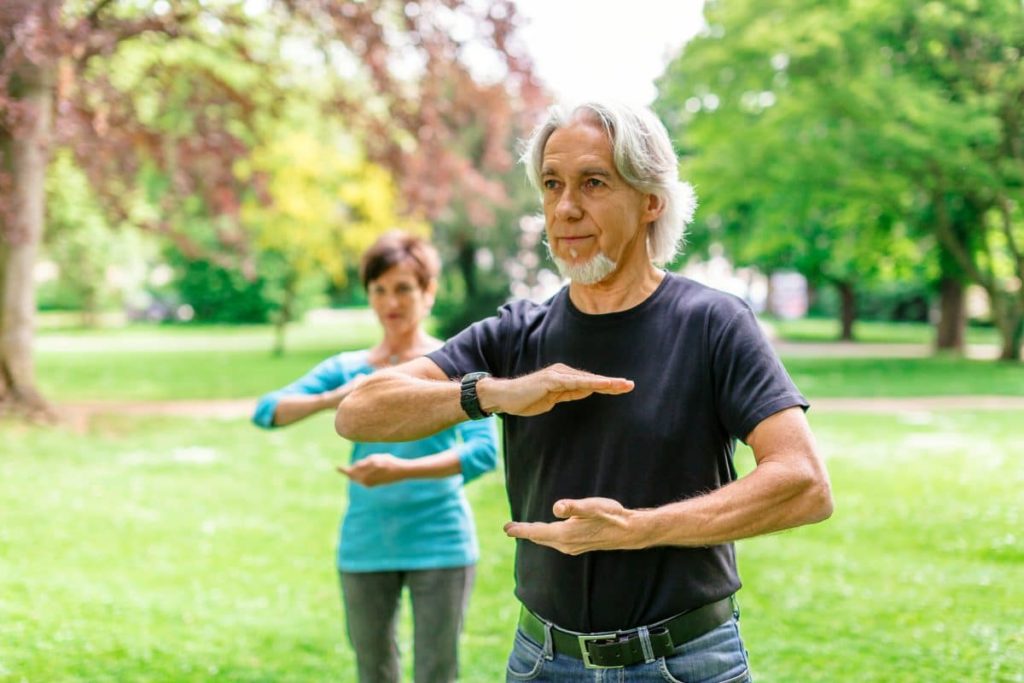
Women, Men and Mindfulness
Educating men in mindfulness skills via mind-body movement like yoga and tai chi may be more successful than encouraging introspective activities.
In a paper presented in Frontiers in Psychology (2017), Brown University researchers in Providence, Rhode Island, discovered that men and women respond differently to training in meditation and mindfulness skills. Women significantly improved a negative mood by participating in the training, while men felt slightly worse.
Willoughby Britton, MA, PhD, assistant professor of psychiatry and human behavior and of behavioral and social sciences at Brown University, said in a university news release, “I wouldn’t be surprised if [the fact that women and men are affected differently by mindfulness training] is a widespread phenomenon that researchers hadn’t bothered to investigate.”
The program included 77 male and female college students and taught specific mindfulness and self-compassion skills, along with meditation training. These skills included the following five areas of mindfulness:
- approaching experience and emotions with nonreactivity
- being less self-critical and more kind to oneself
- identifying less with emotions
- accepting without judgment
- observing, describing and acting with awareness
Women made greater gains than men in the first four areas of mindfulness. Among the men, only observing, describing and acting with awareness led to improvement in a downcast mood.
Britton said, “The mechanisms are highly speculative at this point, but stereotypically, women ruminate and men distract. So, for people [who] tend to be willing to confront or expose themselves or turn toward the difficult, mindfulness is made for [improving] that. For people who have been largely turning their attention away from the difficult, to suddenly bring all their attention to their difficulties can be somewhat counterproductive. While facing one’s difficulties and feeling one’s emotions may seem to be universally beneficial, it does not take into account that there may be different cultural expectations for men and women around emotionality.”
The findings do not suggest that mindfulness is not valuable for men, but rather that programs should be tailored to emphasize what is most helpful for specific individuals. Study authors noted that men may benefit more from mindfulness training through yoga or tai chi practice, since physical activity may be more aligned with how men prefer to cope with stress.
More research is recommended.